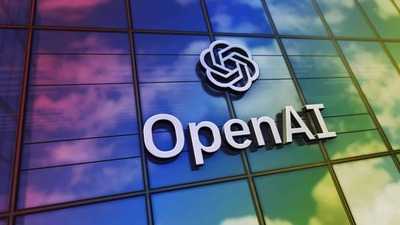
OpenAI sued by Indian publishers over copyright infringement allegations
26 Jan 2025
OpenAI, the leading artificial intelligence (AI) company, has been slapped with a copyright infringement lawsuit by Indian and international book publishers.
The case, filed in New Delhi, is part of a global legal effort to stop the ChatGPT chatbot from using copyrighted content.
Similar lawsuits have been filed against OpenAI in other countries, where authors, news outlets, and musicians have accused tech companies of using their copyrighted work to train AI services.
Federation of Indian Publishers leads lawsuit
Legal action
The lawsuit has been filed at the Delhi High Court by the Federation of Indian Publishers, headquartered in New Delhi.
The case is on behalf of all federation members, including leading publishers like Bloomsbury, Penguin Random House, Cambridge University Press and Pan Macmillan.
Indian publishers such as Rupa Publications and S.Chand and Co are also among those taking OpenAI to court.
Publishers demand halt to content access
Demands
The federation's general secretary, Pranav Gupta, said in an interview about the lawsuit that it relates to the ChatGPT's book summaries.
He said, "Our ask from the court is that they should stop (OpenAI from) accessing our copyright content."
Gupta also suggested that if OpenAI refuses to license their content, it must delete datasets used in AI training and clarify how publishers will be compensated for their work.
OpenAI's stance and potential implications
AI defense
OpenAI has not responded to the latest allegations or the lawsuit. However, it has repeatedly denied similar accusations in the past, claiming its AI systems make fair use of publicly available data.
The Indian book publishers' group is seeking to join ANI's lawsuit against OpenAI, marking a major legal development in India on this issue.
Legal expert comments on AI copyright cases
Expert insight
Commenting on the importance of these cases, Siddharth Chandrashekhar, a Mumbai-based lawyer, said, "These cases represent a pivotal moment and can potentially shape the future legal framework on AI in India."
Chandrashekhar stressed that the judgment passed here will test the balance between protecting intellectual property rights and promoting technological advancement.